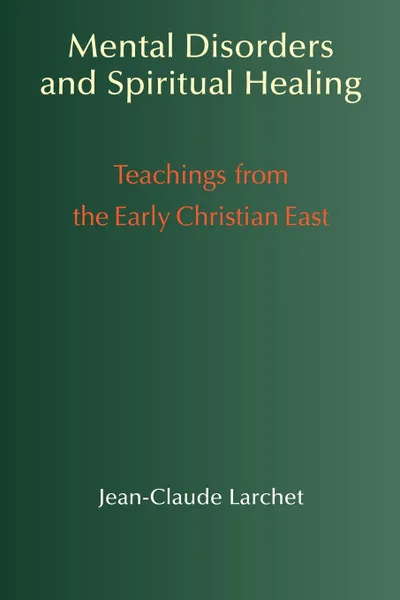Mental Disorders & Spiritual Healing. Teachings from the Early Christian East 12+
2005
180 страниц
Категория: Литература на иностранных языках
ISBN: 9781597310451
Язык: Английский
📗 This work, the third panel of a triptych dedicated by the author to thenotion of illness derived from the patristic and hagiographic texts of theChristian East from the first to the fourteenth centuries, makes anessential contribution to the history of mental illnesses and theirtherapies in a domain very little studied until now.Confronted by the numerous problems still posed today in understandingthese illnesses, their treatment, and their relationship to those who aresick, he shows the importance offered for reflection and current practiceby early Christian thought and experience.After indicating how the Fathers understood the psyche and itsrelationship with body and spirit, the author gives a detailed analysis ofthe different causes they attribute to mental illness and the varioustreatments recommended.At the same time he shows how, relying on fundamental Christian values,they manifest a constant solicitude and respect for the sick, and howthey are at pains to integrate them into community life and have themparticipate in their own healing, foreshadowing in this way the needs andaspirations of our own time.The last part discloses the deep significance of one of the strangest andmost fascinating forms of asceticism the Christian East has known: 'follyfor the sake of Christ', a madness feigned with the goal of attaining ahigh degree of humility, but also a way well-suited, through a closeexperience of their condition, to help those who are often among, today asin the...
Мнения
